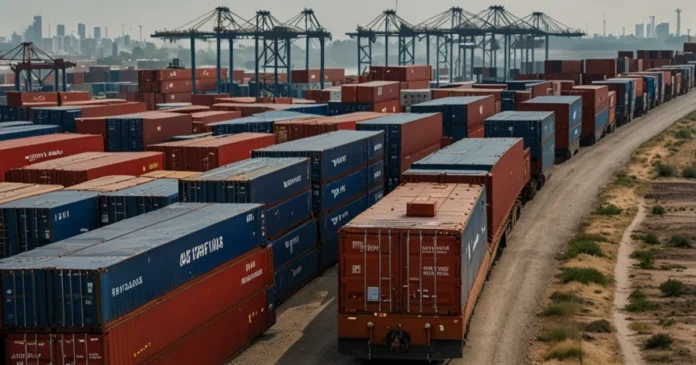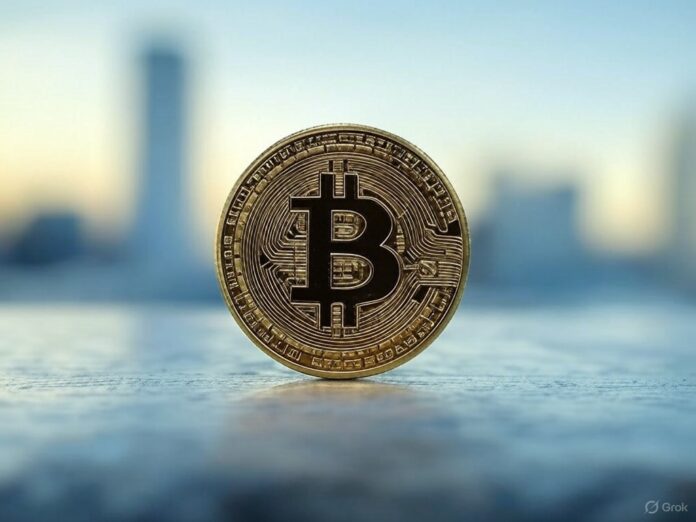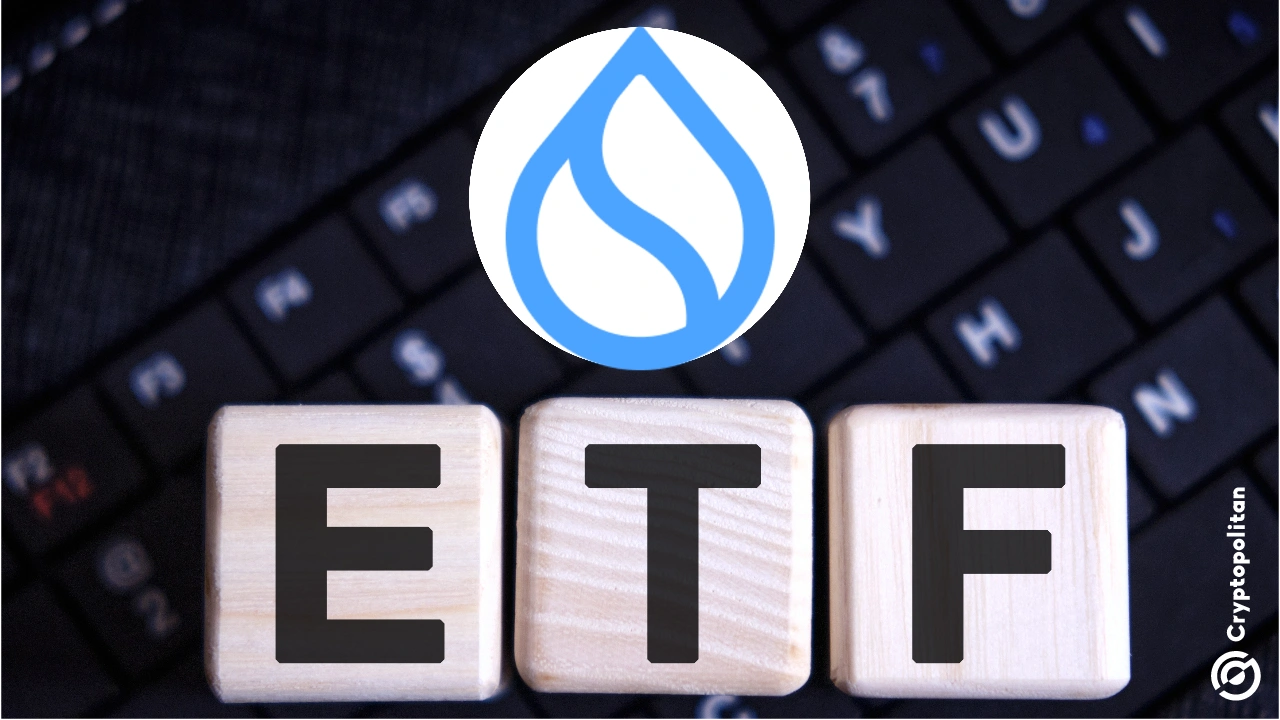Hong Kong industry leaders and government officials have slammed the United States tariff policies under President Donald Trump, saying the levies have made international trade “impossible” for local firms. The US imposed a 125% import duty on most Chinese goods, which also extends to the special administration.
Steve Chuang Tzu-hsiung, chairman of the Federation of Hong Kong Industries (FHKI), told reporters Thursday that the trade measures forced Hong Kong manufacturers to make difficult decisions, such as delaying shipments or halting production altogether.
“The current tariffs have already reached a point where it’s impossible for anyone to do business,” said Chuang, who heads one of the four largest business chambers in the city. “Whether the tariff is 125, 34, or 84%, it really doesn’t matter anymore. It’s no longer about price. It’s a trade war.”
Industry leader Chuang: It is impossible to do business under current conditions
According to the FHKI chair, several Hong Kong exporters operate under “free on board” (FOB) terms, where sellers are responsible for delivering goods to a port and loading them. After that, the responsibility, including shipping fees, insurance, and import duties, falls on overseas buyers.
However, in the current climate, both buyers and sellers are now hesitant to do business because they do not know what tariffs will be in place by the time goods arrive.
Hong Kong businesses fear that US-based clients may cancel orders or refuse delivery. Chuang noted that American buyers are asking for shipment delays to avoid possible financial losses, even after companies had already invested in raw materials and production based on previous agreements.
Per Chuang, the levies are heavier on small and medium-sized enterprises (SMEs), many of which have capital tied up in unsold inventory and pending payments.
“The cash flow of SMEs is very tight,” Chuang warned. “Helping them with capital is an imperative issue at this time.”
The ProVista Group CEO lauded the policies recently made by the Hong Kong Monetary Authority to help businesses, including loan repayment assistance and extended credit support. The changes, he argues, will help traders avoid a cash crunch to continue operating.
Some manufacturers had begun shifting operations to Southeast Asia since trade tensions escalated during Trump’s first tenure at the White House, in 2018.
But as of now, Chuang asserted, goods shipped from countries like Vietnam and Thailand are no longer safe from American tariffs, as Trump’s policy includes a baseline 10% tariff for more than 100 countries, albeit with a temporary 90-day suspension for most.
Economist Billy Mak Sui-Choi of Baptist University said the US wants to break supply chain tendencies and reduce the trade deficit from China using the 125% duty.
“Unless they are willing to engage in talks soon, we should not have any illusions that things will improve,” he reckoned.
Mak encouraged businesses to trade with countries involved in China’s Belt and Road Initiative, and nations with lower tariff exposure.
HK logistics sector in a small parcel mess
Gary Lau Ho-yin, chairman of the Hong Kong Association of Freight Forwarding and Logistics (HAFFA), worries that a significant slowdown in business, especially in e-commerce, will be unavoidable.
He mentioned that the US will implement a 90% tariff on small parcels beginning May 2, which could wipe out the cost advantage for thousands of online retailers.
“The small parcel tax exemption is being eliminated, and extra charges are coming. That makes shipping small packages to the US almost unviable,” Lau said.
The HAFFA leader told the South China Morning Post that freight operators and e-commerce firms are rushing to fulfill orders before the new tariffs take hold. He added that they are looking towards other markets, like the Middle East, to reduce reliance on America, which still accounts for 30 to 40% of Hong Kong’s exports.
Chuang also noted that 56% of Hong Kong’s manufacturers are now focused on the domestic and mainland Chinese markets, a strategy he claimed could help shield some from external shocks.
“For businesses primarily focused on exports, we’ve found that this segment now accounts for 44 percent,” he said. “It seems they’ve all made good strategic deployments.”
Still, with no clear end to the tariff chaos in sight, Chuang and others believe the best action for now is to monitor developments closely.
“The best strategy now is to wait and see. But we don’t know how long we can wait,” he concluded.
On Monday, Hong Kong’s Chief Executive John Lee Ka-chiu accused Washington of abandoning free trade principles and destabilizing the global economy with unilateral decisions.
“The US no longer adheres to free trade,” Lee said. “Its ruthless behavior damages global and multilateral trade. The reckless imposition of tariffs affects many countries and regions around the world.”
Cryptopolitan Academy: Coming Soon - A New Way to Earn Passive Income with DeFi in 2025. Learn More
















No comments yet